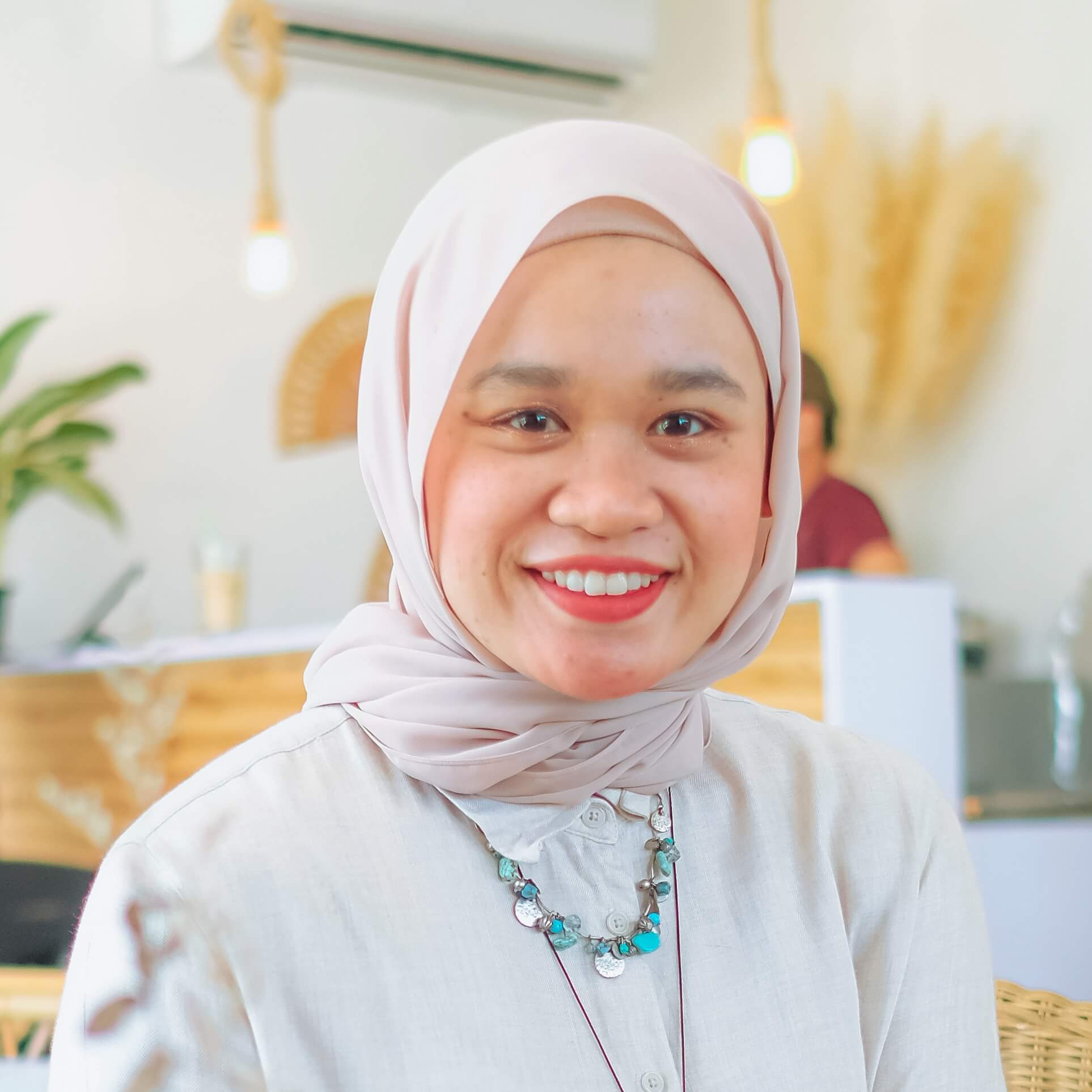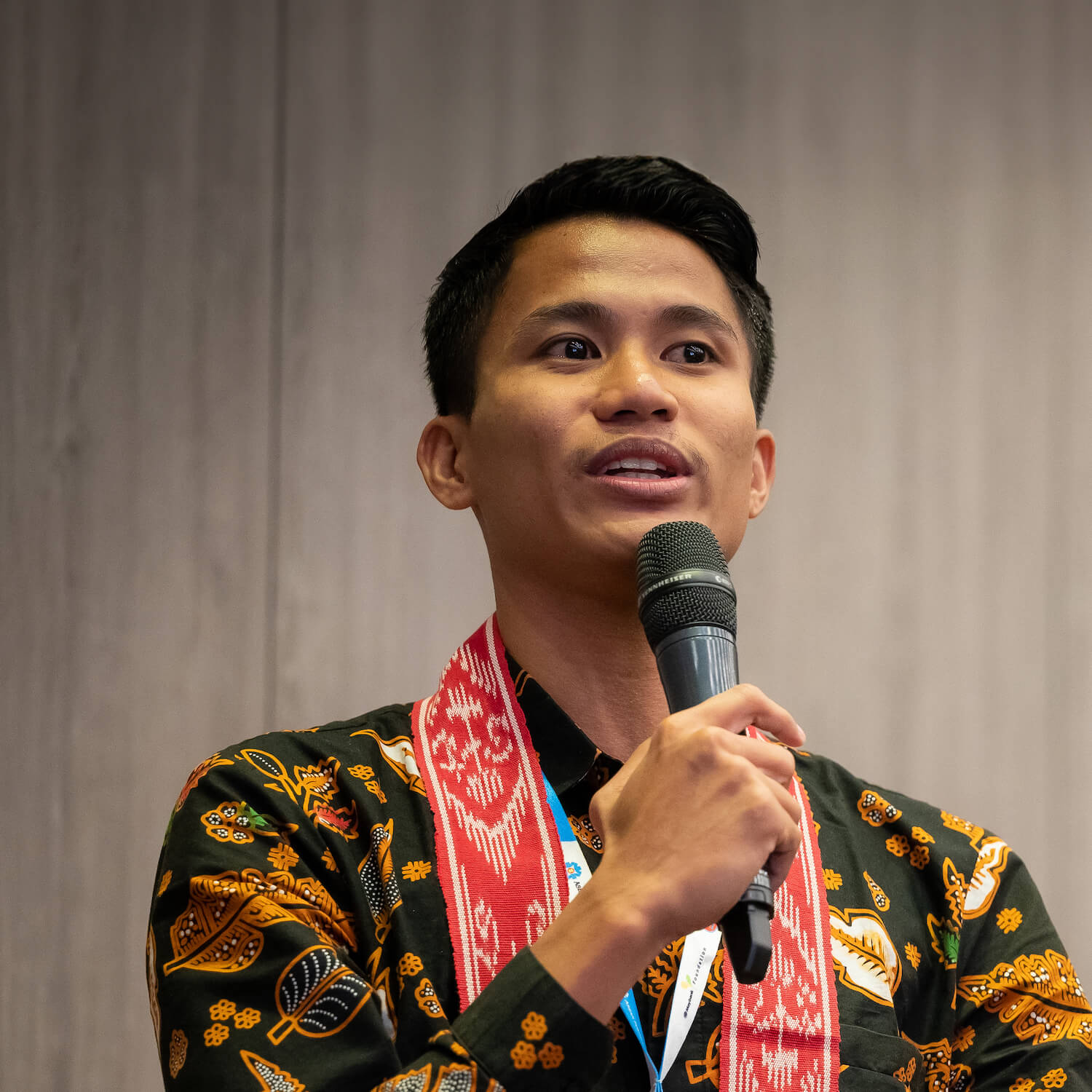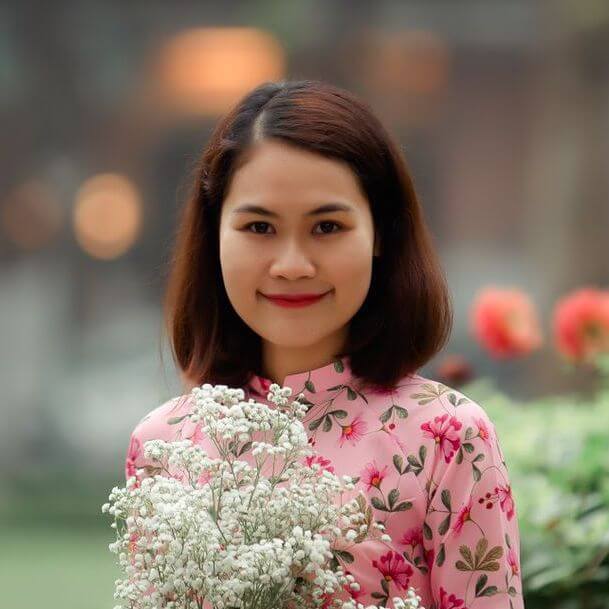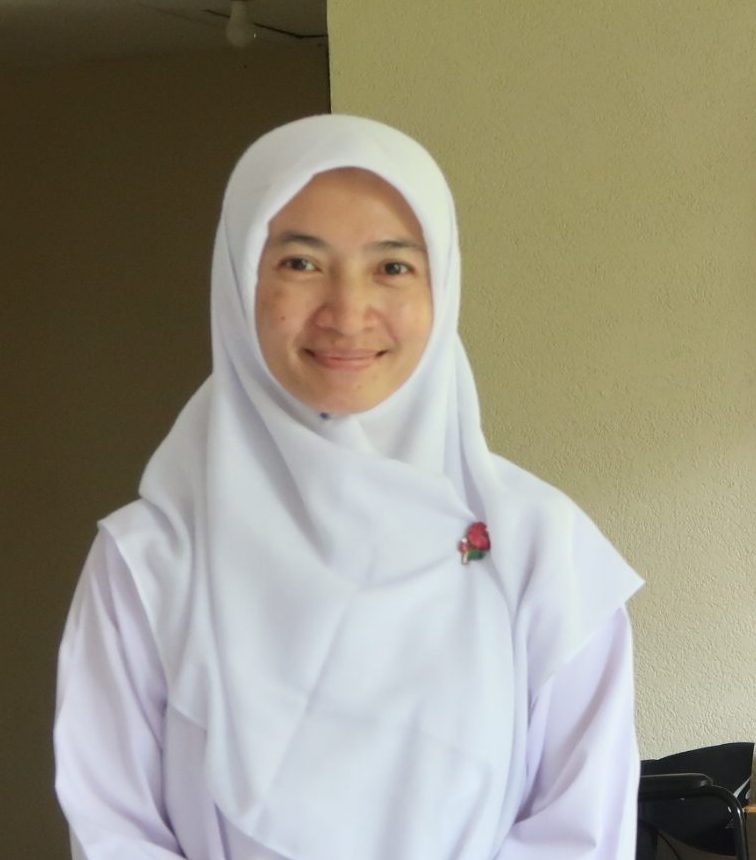



Can gender equality be achieved in ASEAN?

In contemplating the attainability of gender equality within the ASEAN context, I hold the belief that while the realisation of this goal is feasible, it necessitates a journey of considerable duration. Given that many nations within the region are structured around patriarchal systems, women face substantial challenges in their endeavours to excel across domains such as education, careers, and societal roles. Nevertheless, the contemporary era offers a sense of optimism as a growing number of women are actively dismantling these barriers. The emergence of more female politicians and their involvement in decision-making processes, the increasing presence of accomplished female athletes, and the expanding array of opportunities collectively illustrate a shifting landscape that holds promise for a more equitable future.

Gender equality, a challenge not only within ASEAN but worldwide, continues to elude us despite the presence of laws and policies addressing gender-based discrimination and violence against women. The persistence of deep-rooted cultural norms and stereotypes poses a significant hurdle in this journey.
For true progress, we must work to dismantle these harmful biases. Creating an environment where leadership qualities are recognised and celebrated, regardless of gender, is essential. Only then can we truly hope to achieve the gender equality that our societies aspire to—a future where every individual, regardless of gender, can contribute to the betterment of our nations and the region as a whole.

This can be achieved, but it is quite challenging because there are still many people who do not know about gender equality issues. According to the Global Gender Gap Report 2022 by the World Economic Forum (WEF), gender inequality in Indonesia is massive, especially in the political field. The gender inequality index score in the political field is below the global average, with Indonesia ranking 92 out of 146 countries. In reality, I still find a lot of my friends, even my family, aren’t aware of gender equality in society. They believe that men will always be the leaders and women will be followers. It is a super challenging issue in Indonesia, especially in my community, but I believe that someday, gender equality will be achieved in ASEAN, especially in my community.

I think equality can be achieved in ASEAN, but we should all build knowledge and more understanding for everyone to realise and see the importance of equality.

The issue of gender equality is complex and multifaceted, and progress towards gender equality can vary significantly across different countries. Some ASEAN countries have acknowledged the importance of gender equality and women’s empowerment and have adopted various initiatives and policies to promote gender mainstreaming and women’s participation in various sectors, particularly in areas such as education, labour force participation, and employment. However, challenges remain, such as gender-based violence, unequal access to resources, and underrepresentation of women in leadership positions.
Whether gender equality can be fully achieved in ASEAN depends on several factors, including political will, societal attitudes, economic development, and continued advocacy and implementation of gender-sensitive policies and programmes. To achieve gender equality in ASEAN, it is essential to improve educational systems and ensure equal opportunities for women in employment and the political field. At the same time, it is necessary to change cultural views and prejudices as well as remove restrictions on women’s rights in the family and society.
The views and opinions expressed belong solely to the respondents and do not reflect the official policy or position of ASEAN.








